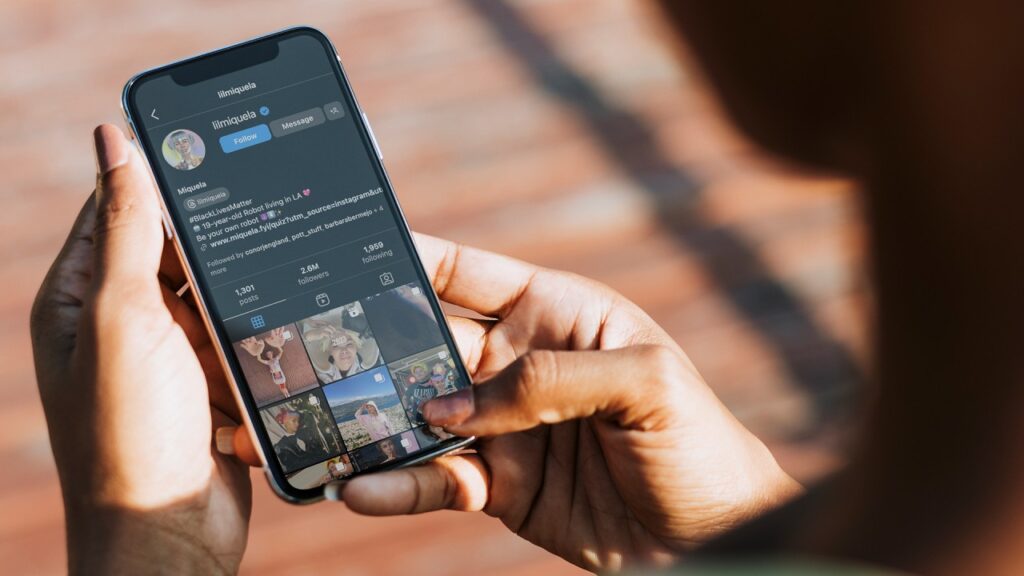Social networking platforms have completely transformed how we interact, communicate, and engage with digital content. At the forefront of this digital revolution are social media influencers, individuals who have leveraged their online presence to amass large followings and wield significant influence over their audience. In this article, we delve into the phenomenon of social media influencers, exploring the various facets of their rise to fame and the impact they have on our digital landscape.
Introduction to Social Media Influencers
Influencers come in various shapes and sizes, from celebrities with millions of followers to everyday individuals who have cultivated niche communities around specific interests. What unites them is their ability to engage and influence their audience through authentic and relatable content. With the advent of platforms like Instagram, YouTube, and TikTok, anyone with a smartphone and an internet connection can potentially become an influencer, blurring the lines between traditional celebrities and digital personalities.
Types of Social Media Influencers
Social media influencers can be categorized into several distinct groups based on the size of their following and the type of content they produce. Celebrity influencers, such as actors, musicians, and athletes, often command the largest audiences and attract lucrative brand partnerships. On the other end of the spectrum are micro-influencers, individuals with smaller but highly engaged followings within a specific niche. Niche influencers focus on a particular topic or industry, catering to a dedicated audience with specialized interests.
The Impact of Social Media Influencers
The influence wielded by social media influencers extends far beyond the digital realm, shaping consumer behavior, driving trends, and impacting popular culture. Studies have shown that consumers are more likely to trust recommendations from influencers than traditional advertisements, making influencer marketing a powerful tool for brands looking to connect with their target audience. From fashion and beauty to food and travel, influencers play a pivotal role in shaping trends and shaping consumer preferences.
Challenges and Controversies
However, the rise of social media influencers has not been without its challenges and controversies. Questions surrounding the authenticity of influencer content have led to calls for greater transparency and disclosure of sponsored partnerships. Regulatory bodies have also begun to crack down on misleading or deceptive advertising practices, imposing fines and penalties on influencers and brands alike. Additionally, the pressure to constantly produce engaging content and maintain a pristine online image has led to cases of influencer burnout and mental health issues.
Innovations in Influencer Marketing
In response to these challenges, the influencer marketing industry has witnessed a wave of innovation and disruption. AI-driven influencer platforms leverage data analytics and machine learning algorithms to match brands with influencers who align with their target audience and brand values. Virtual influencers, digital avatars created using CGI technology, offer a new frontier for brand collaborations and storytelling. Long-term partnerships between brands and influencers are also becoming increasingly common, fostering deeper connections and authenticity with their audience.
Future Trends in Influencer Culture
As social media continues to evolve, so too will the landscape of influencer culture. Emerging platforms and technologies are likely to reshape the way influencers create and distribute content, opening up new opportunities for creative expression and audience engagement. From live streaming and augmented reality to virtual reality and blockchain-based platforms, the future of influencer marketing is filled with possibilities. As brands and influencers adapt to these changes, we can expect to see a diversification of content and a democratization of influence across new and emerging social media channels.
Conclusion
In conclusion, social media influencers have become a driving force in our digital world, reshaping the way we consume content, discover new products, and engage with brands. From their humble beginnings as early adopters of social media platforms to their current status as cultural icons and marketing powerhouses, influencers have unlocked new opportunities for connection and creativity in the digital age. As we navigate the ever-changing landscape of social media, one thing remains clear: influencers are here to stay.
FAQs
- Are social media influencers considered celebrities? No, while some influencers may attain celebrity status, many operate within niche communities and cater to specific interests.
- How do brands choose which influencers to partner with? Brands often look for influencers whose values align with their own and who have an engaged and authentic following within their target demographic.
- What are some common misconceptions about influencer marketing? One common misconception is that influencer marketing is only effective for reaching younger audiences. In reality, influencers span a wide range of demographics and industries.
- How do influencers disclose sponsored content? Influencers are required by law to disclose any paid partnerships or sponsored content in their posts, usually through hashtags like #ad or #sponsored.
- What are some emerging trends in influencer marketing? Emerging trends include the rise of virtual influencers, the use of AI-driven influencer platforms, and the exploration of new social media channels and technologies.



